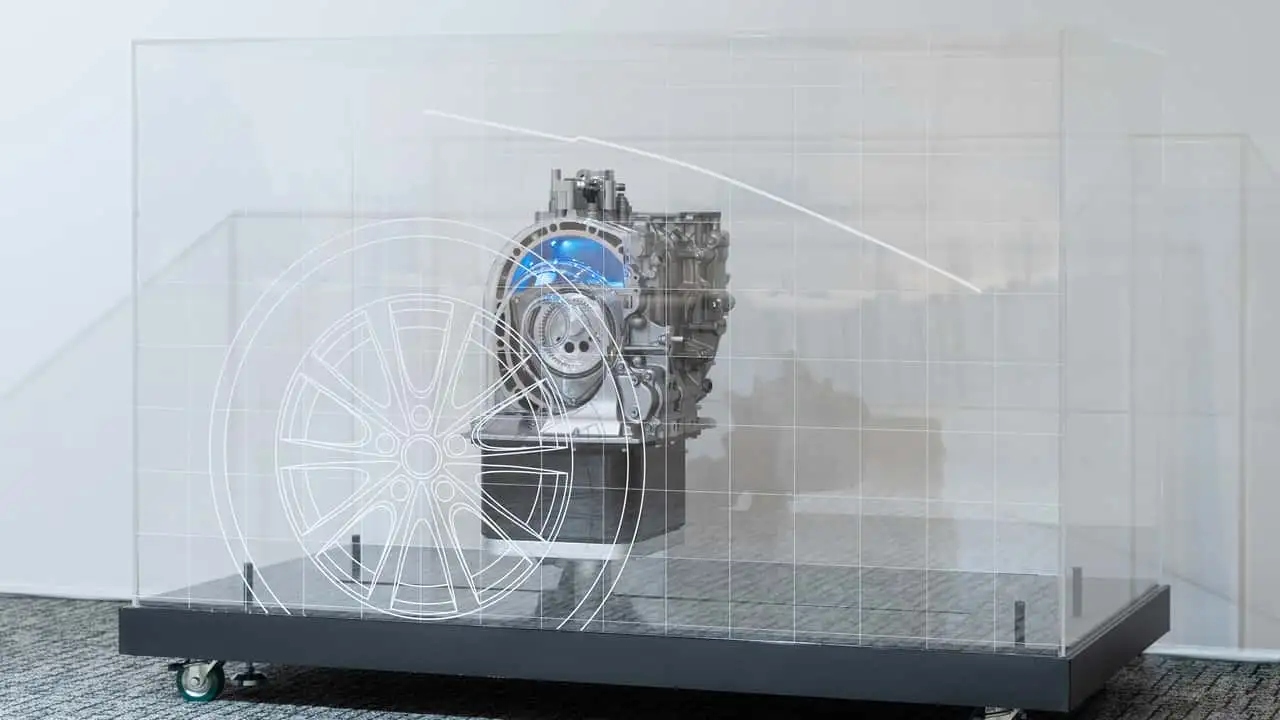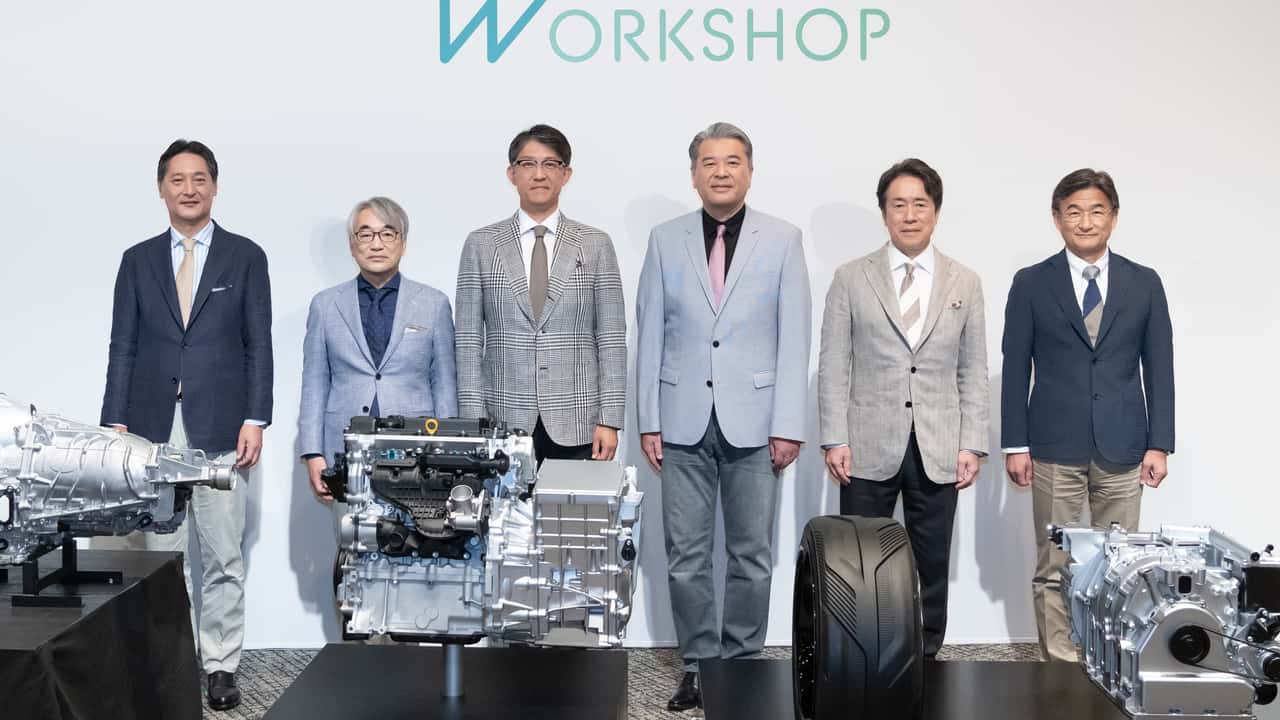While the automotive world is rapidly moving towards electric vehicles, Toyota, Mazda and Subaru aim to reshape the future of traditional internal combustion engines with a surprise partnership. Three Japanese manufacturers announced that they will collaborate on next-generation internal combustion engines in order to speed up the development process and reduce costs.
Toyota, Mazda and Subaru rolled up their sleeves for 3 new engines!
This partnership will focus on all three companies developing signature engines that represent their respective brands. While Toyota is working on inline four-cylinder engines, Mazda aims to advance rotary engine technology. Subaru, on the other hand, will strive to improve its horizontally reciprocating boxer engines. These new engines will be compatible with carbon-neutral fuels such as liquid hydrogen, biofuel and synthetic fuels.
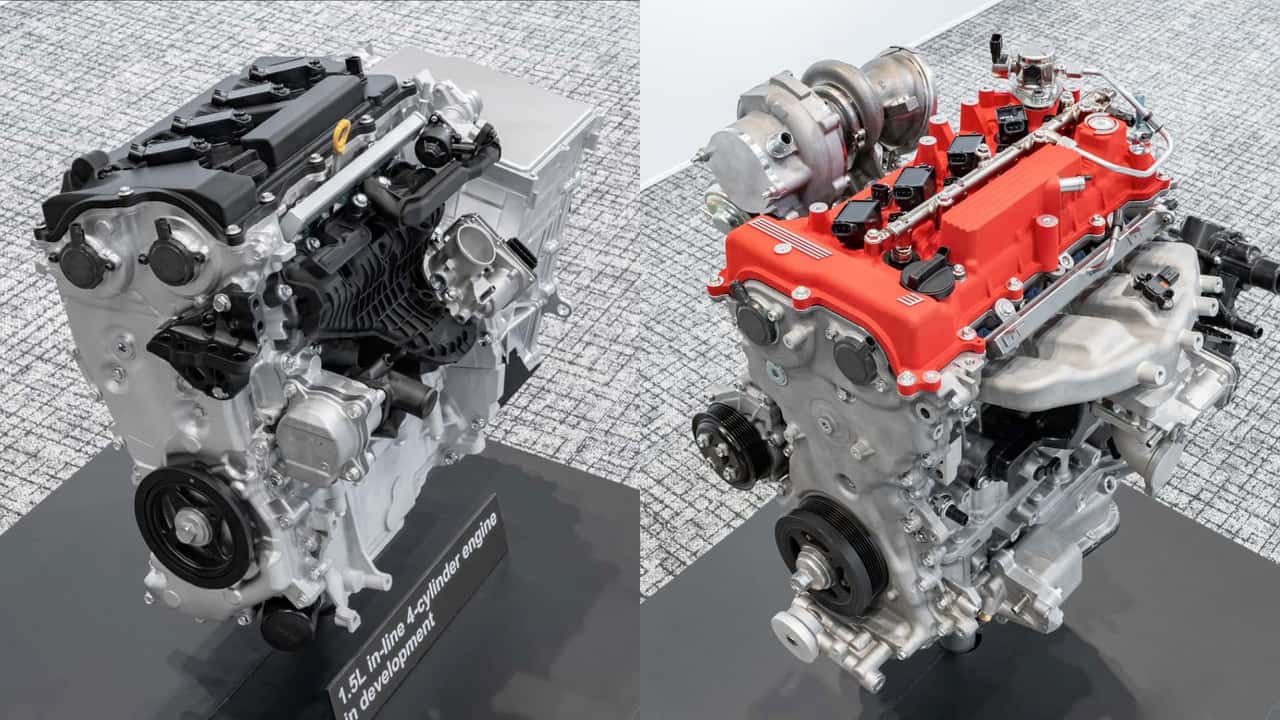
At the conference where the partnership was announced, the companies exhibited future engine examples. Mazda introduced single and double rotor electric generators that can be used in electric vehicles. Toyota exhibited its 1.5-liter and 2-liter engines under development. Subaru introduced its new generation hybrid system on a camouflaged Crosstrek model.
Toyota, Mazda and Subaru made it clear that their competition will continue within the framework of this partnership. It was also stated that the new engines will be smaller in size, which will allow for more advanced aerodynamic designs in the vehicles.
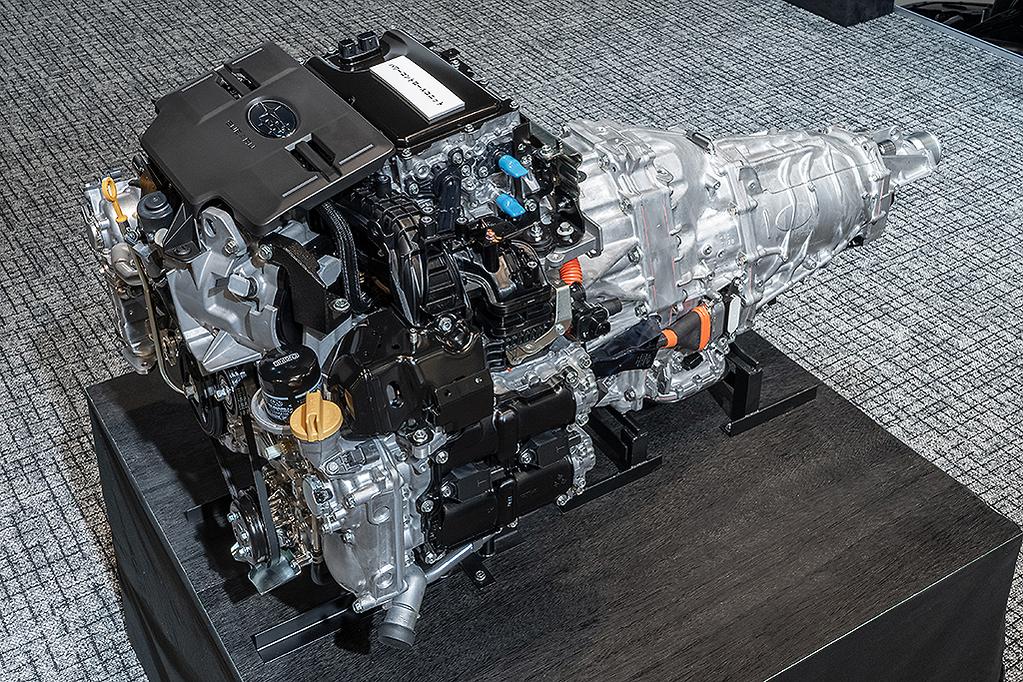
Thanks to this partnership, the life of internal combustion engines will be longer than we expected. Because while companies will increase performance with these new technologies, they will also improve fuel efficiency. Moreover, it will make a big impact not only in passenger family vehicles but also in the sports car segment.
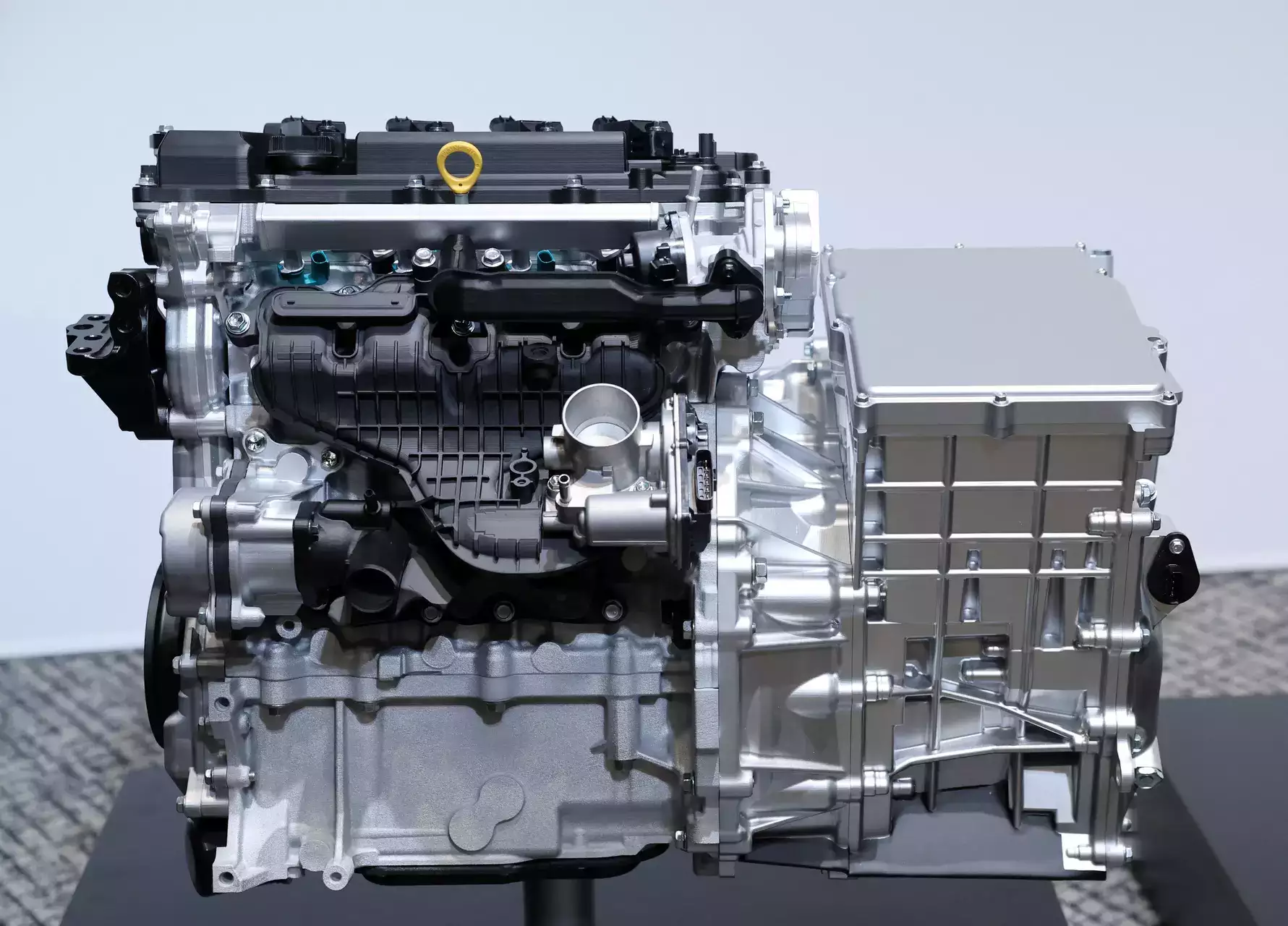
In addition, we should also point out that the event emphasized the message that internal combustion engines will not be completely abandoned as new engines, on the contrary, they can be made more efficient and environmentally friendly with new technologies and fuels. As can be seen, the Japanese will also lead in this field.
